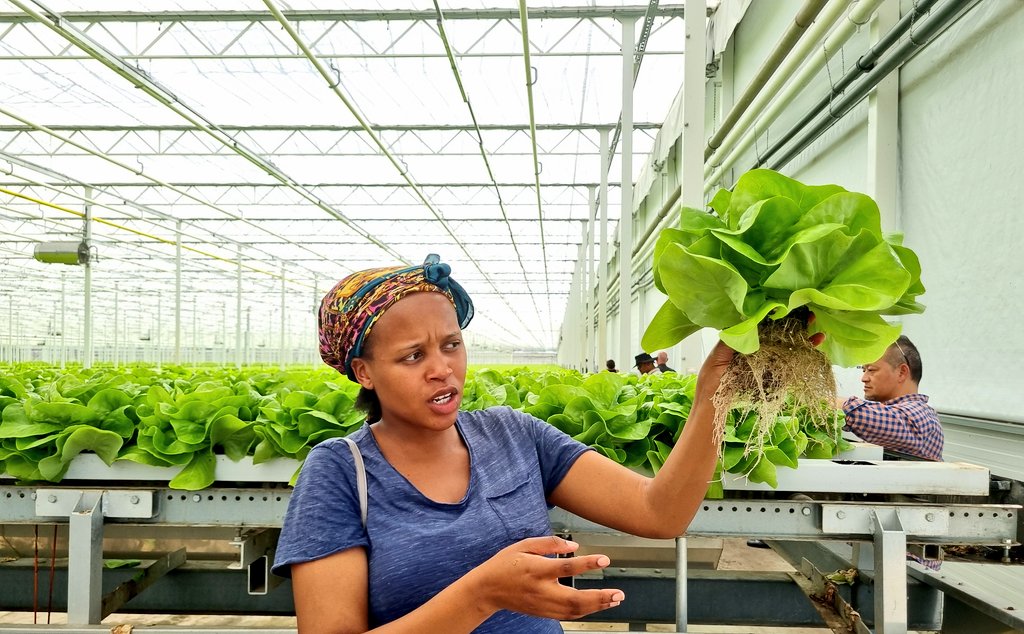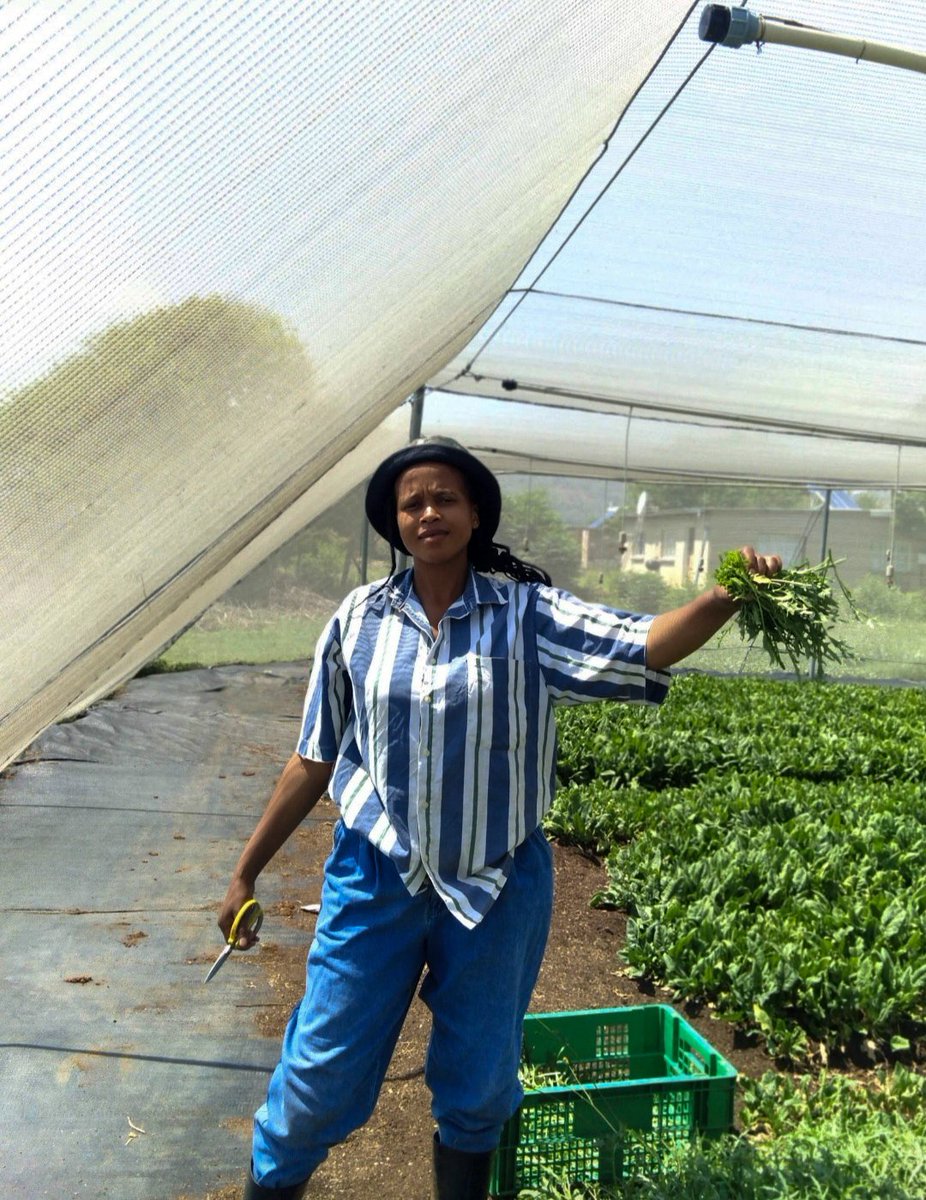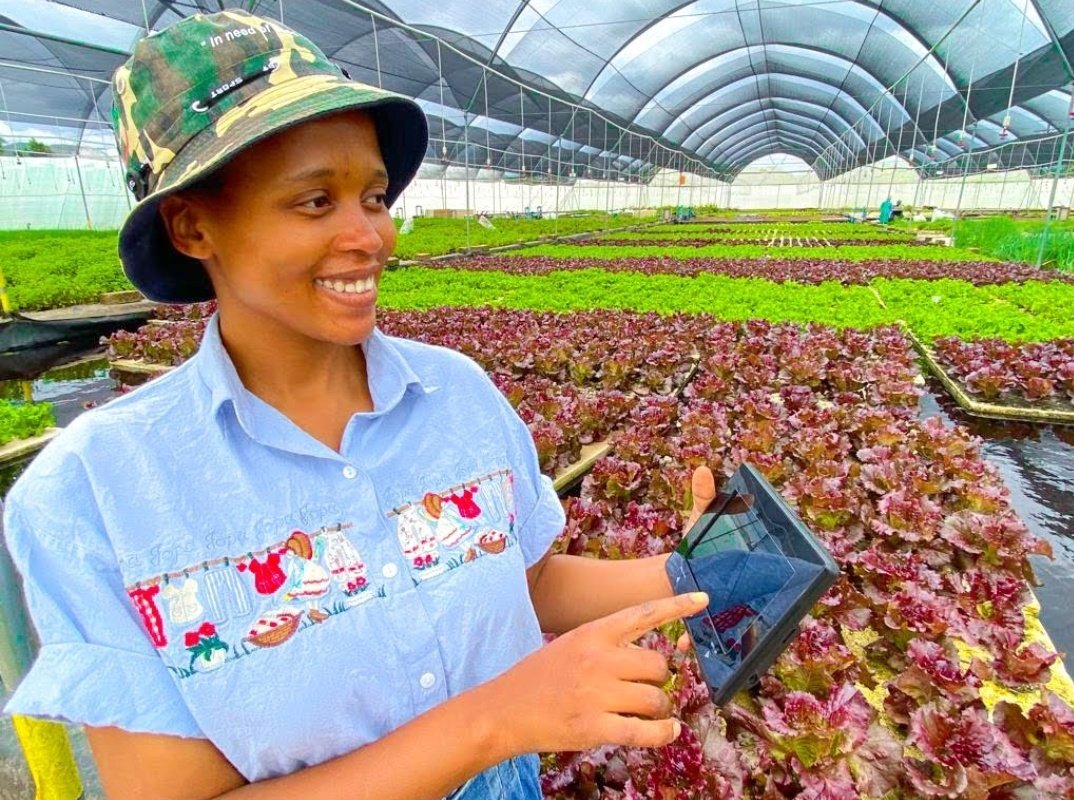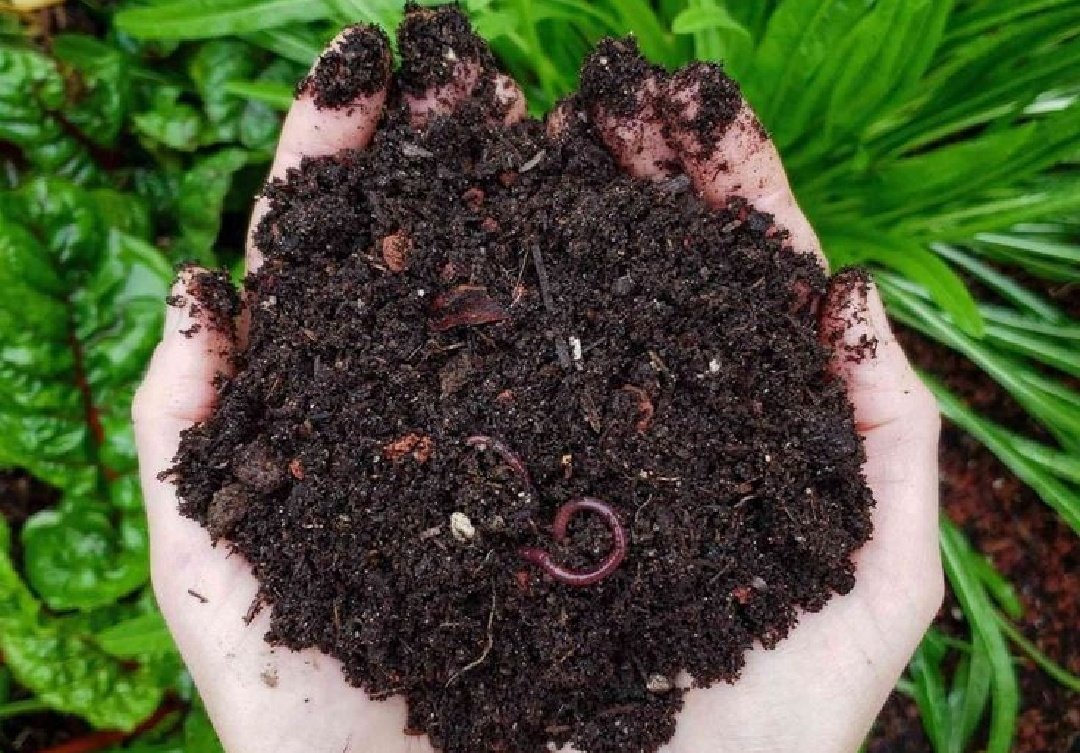
Great growers understand one key concept that seems fairly simple (and it is). They understand how to keep their crop balanced. They know that a healthy, balanced crop gives them the ability to direct plants’ energy where it’s needed...
..to strengthen the crop at the right times. The result is consistent, high-quality yields that give management and sales teams the confidence to gain sales by promising.
We use the term “grower” instead of “farmer.” The difference is of course minimal. Growers in controlled environment agriculture facilities often have more tools at their fingertips to control (air temp and root zone temp, humidity, light, CO2, air flow, nutrients, water and O2
In the Netherlands where greenhouses are made out of glass, I learned so much so quickly while listening to their conversations about improving yield or solving problems. They referred to balance when discussing crop management strategies, there is a science and skill to this. 

Crop balance creates trade-offs between vegetative growth (leaves and roots) and generative growth (flowers and fruits). Crops that are in balance are most productive and while they might not always achieve the highest yields, they do always produce the most consistent yields.
Great growers dealing with lettuce, this means a good root development identified by healthy white roots, leaves with some starch accumulation patches and glossy leaf appearance. Proper leaf development has determined the length and width of the leaves and firm crisp texture. 

All growers want two outcomes — highest yields and best quality. All greenhouse owners (who for the smaller farms are many times the grower as well) want the highest yields, the best quality and most profits. This might be what separates the good from the great.
The best growers and the best business people understand that you cannot always have it all. They and their staff realize the need to make choices along the way that impact profit, quality and yield. Trust me when I say, taste is not always the most important factor. 

I.e growers in hydroponics tomatoes, what would be their crop balance between yield vs flavour? Do they turn up heat to ripen fruits faster & know that this results in less sugars in fruit (low brix count)? Or do they grow a bit slower (less profit) & focus on flavour + quality?
Being a great grower needs you to have expertise in photon management ( LED, UV lighting grow lights & light intensity management with shade paint), rootzone management (substrates & growing media such coir etc) & nutrient management (traditional & organic fertilizers) 

It is easy to understand how some people believe that one product can make the difference in their crop. BUT, after working with some great growers and getting exposed to #smartfarming #aquaponics #hydroponic I quickly learned what separates the great from the good. 

• • •
Missing some Tweet in this thread? You can try to
force a refresh











